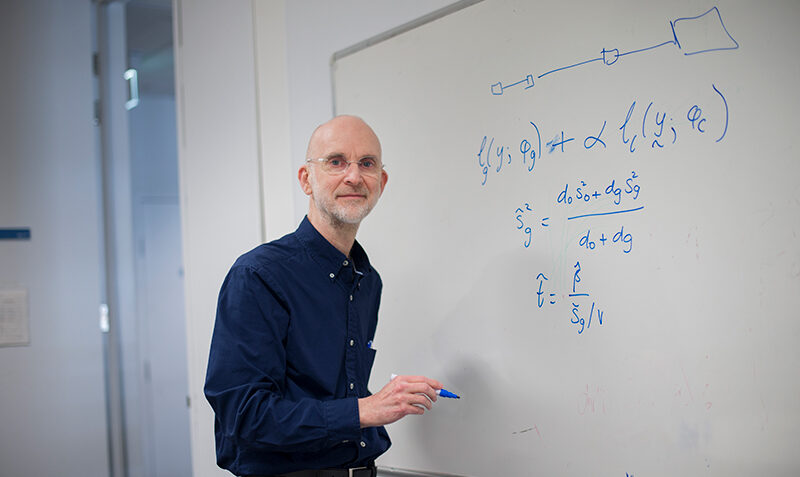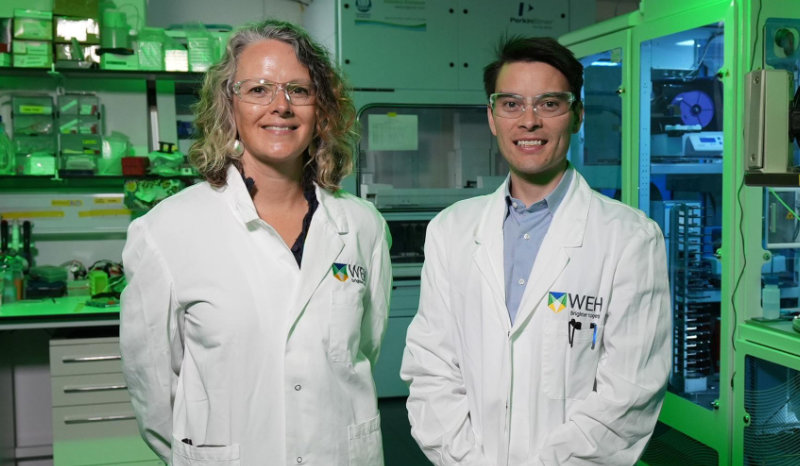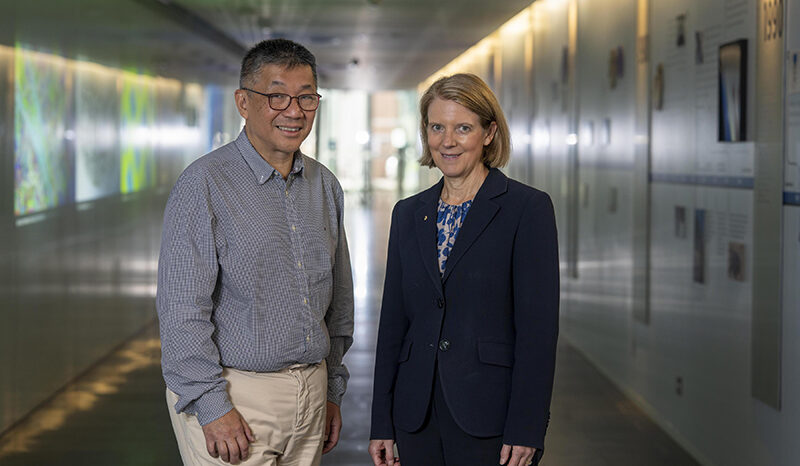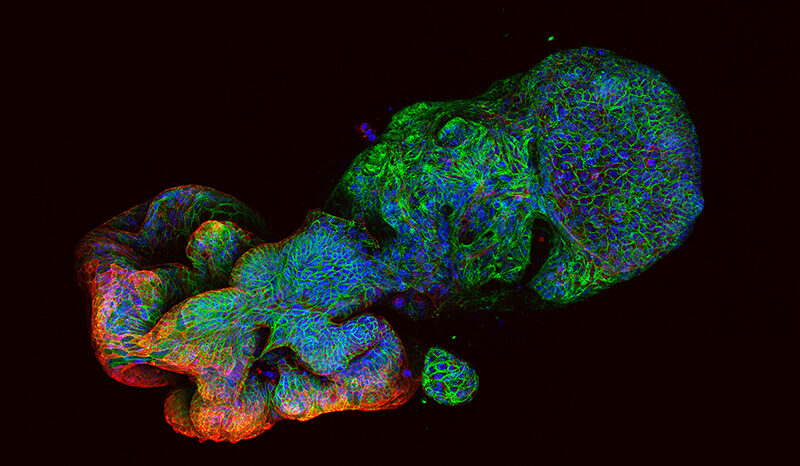A team effort
Prof Smyth joined WEHI in 2001, the year the sequencing of the human genome was published, and started work on limma soon after.
Modern genomic technologies produce a vast amount of data for researchers to examine – which is where limma comes in. The software uses statistical methods to handle these massive, complex datasets, with its robust methods and ease of use making it a widely adopted tool in the genomic community.
“My team here at WEHI have, for many years, been developing the advanced computational and statistical strategies to help analyse and interpret these huge genomic datasets, headlined by limma,” said Prof Smyth.
“Our goal is ultimately to learn more about how diseases originate by examining genetic disruption and how this can be controlled – while freely providing the tools we develop to others around the world so they can do the same.”
Prof Smyth said he was thrilled to win the Eureka Prize for Excellence in Research Software, which was the result of a team effort over many years.
“I would particularly like to mention my WEHI colleagues Professor Matt Ritchie, Dr Belinda Phipson and Dr Charity Law, who made significant contributions to important limma functionalities early on and who continue to be involved in the limma project,” he said.










